Minimum Wage Increase in Nigeria: Balancing Fair Compensation and Fiscal Responsibility
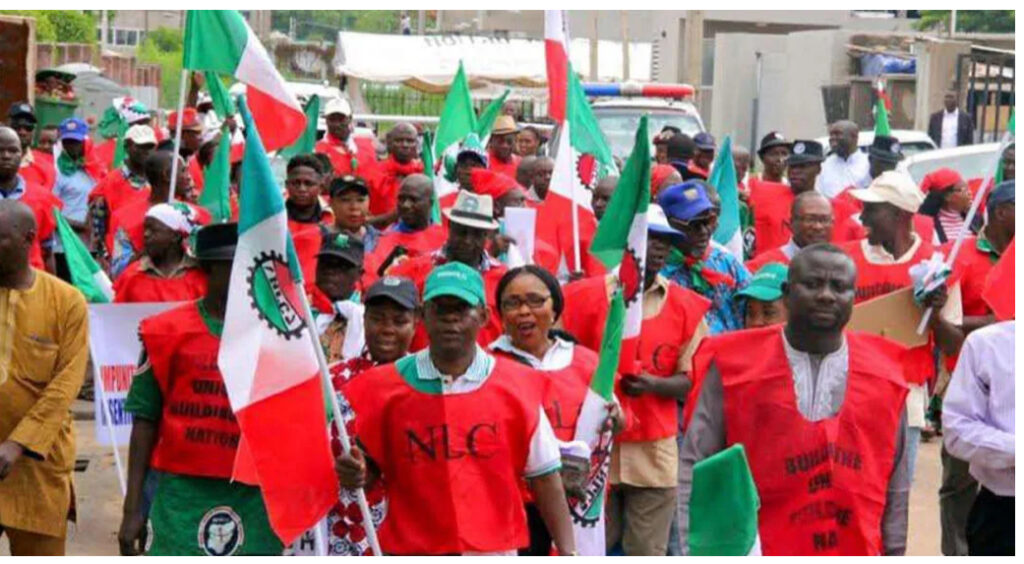
The debate over minimum wage increases in Nigeria has intensified amid rising economic challenges and inflation. This article explores the history of Nigeria’s minimum wage, the current demands for a raise to N60,000 by the Nigeria Labour Congress (NLC) and the Trade Union Congress (TUC), and potential funding solutions such as cutting parliamentary wages and improving government efficiency. Balancing fair compensation with fiscal responsibility is crucial for uplifting the Nigerian workforce and ensuring economic growth. Discover the comprehensive analysis and proposed solutions for a sustainable and fair minimum wage policy.
Boosting Nigeria’s Economy Through Local Processing and Refining
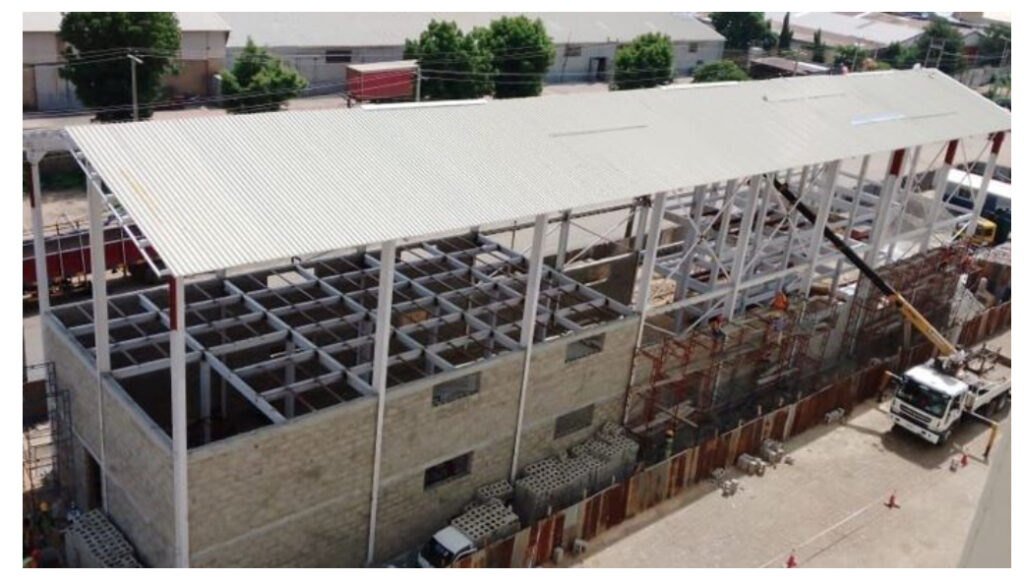
“Dive into the potential of Nigeria’s mineral resources with our exploration of local processing and refining. Discover how these initiatives can spur economic growth, create jobs, and reduce import dependency while fostering technological advancement and environmental oversight. Join us in unlocking Nigeria’s economic future through sustainable development and increased foreign investment.”
The Economic Saboteurs Amongst Us
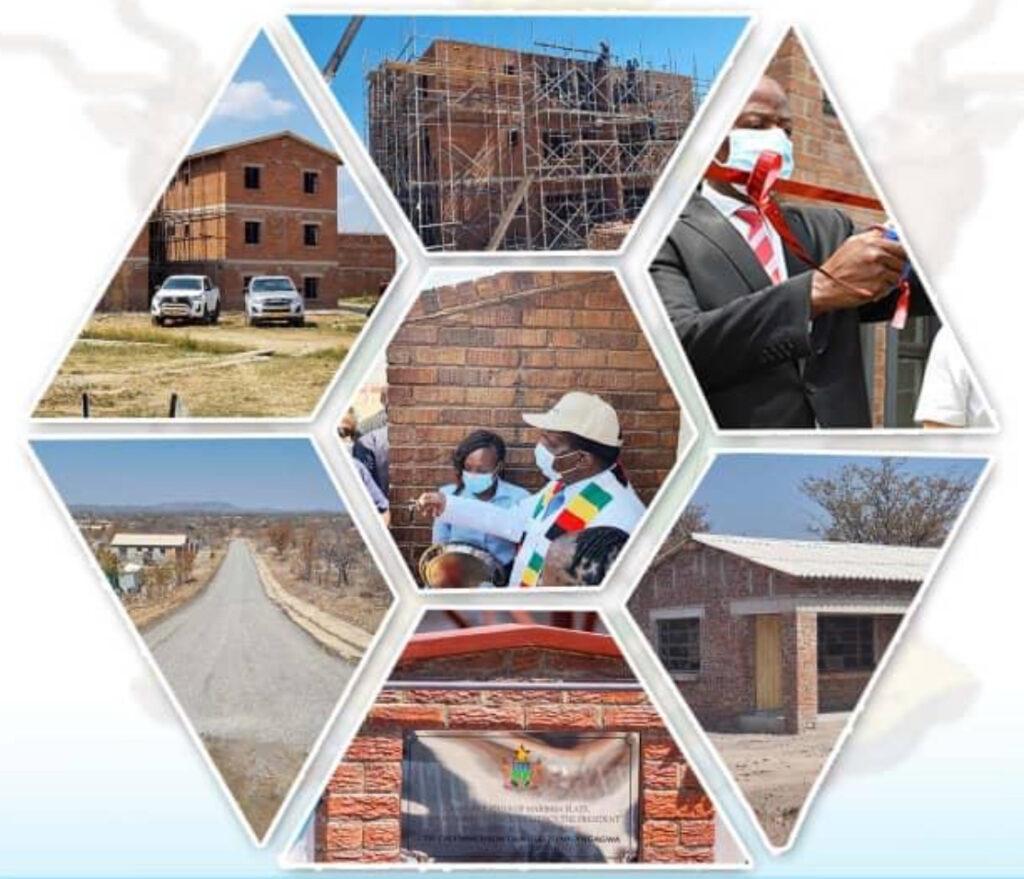
“Explore the critical issue of economic sabotage through excessive imports over local production in Nigeria. Discover how prioritizing local manufacturing and exportation can strengthen the economy, create jobs, and bolster national security. Learn why shifting focus to sustainable practices and innovation is crucial for Nigeria’s economic growth and global competitiveness.”
Unlocking Nigeria’s Potential: Investing in Education and Health

Explore why investing in education and health is crucial for Nigeria’s future economic growth and stability. Discover how these sectors can transform industries, attract foreign investment, and foster a healthier, more productive population. Join us in reshaping Nigeria’s path to prosperity through sustainable human capital development.
Case for Ending Government-Sponsored Pilgrimages in Nigeria
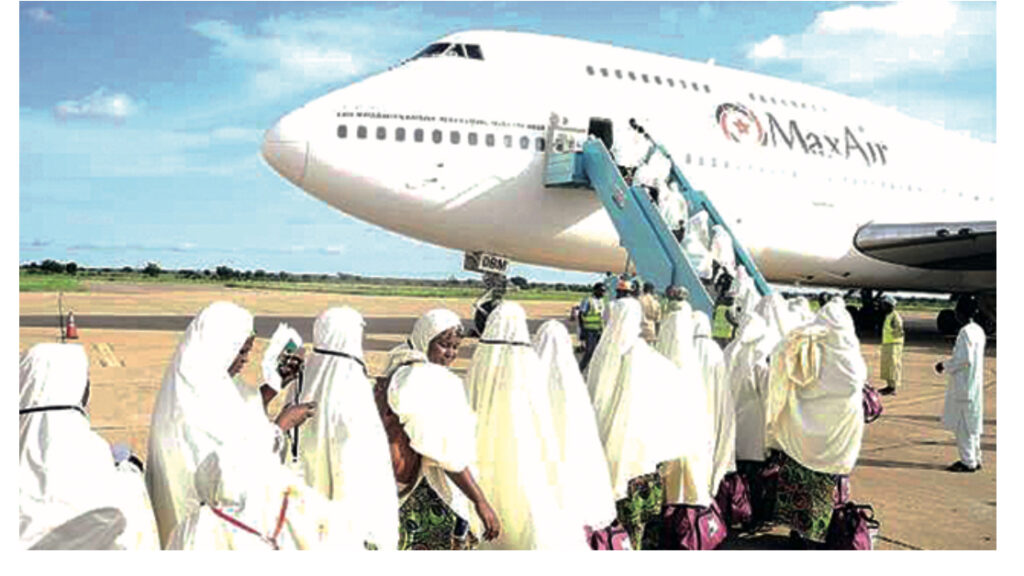
Discover why ending government-sponsored pilgrimages in Nigeria is crucial in today’s economic climate. Learn how reallocating funds can address pressing socio-economic challenges and promote fairness, religious neutrality, and national unity.
Unlocking Prosperity: The Economic Impact of the Lagos-Calabar Coastal Road
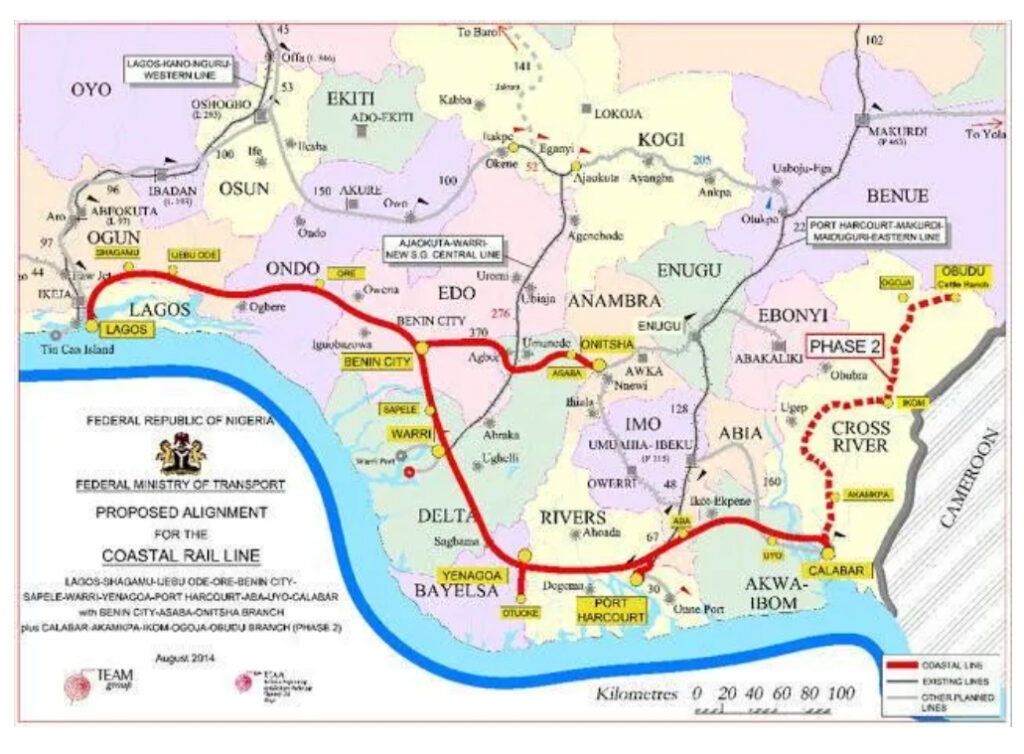
“Unlocking Prosperity: The Economic Impact of the Lagos-Calabar Coastal Road” explores the transformative potential of a 700-kilometre highway stretching across Nigeria’s coastal region. This article delves into the economic opportunities unleashed by the road’s construction, including job creation, enhanced trade and commerce, and flourishing business prospects in logistics, tourism, real estate, energy, and agribusiness sectors. As infrastructure development progresses, communities along the route stand to benefit from increased connectivity and economic vitality, paving the way for sustainable growth and prosperity across the region.
Embrace “Made in Nigeria”: Building a Stronger Nation Together
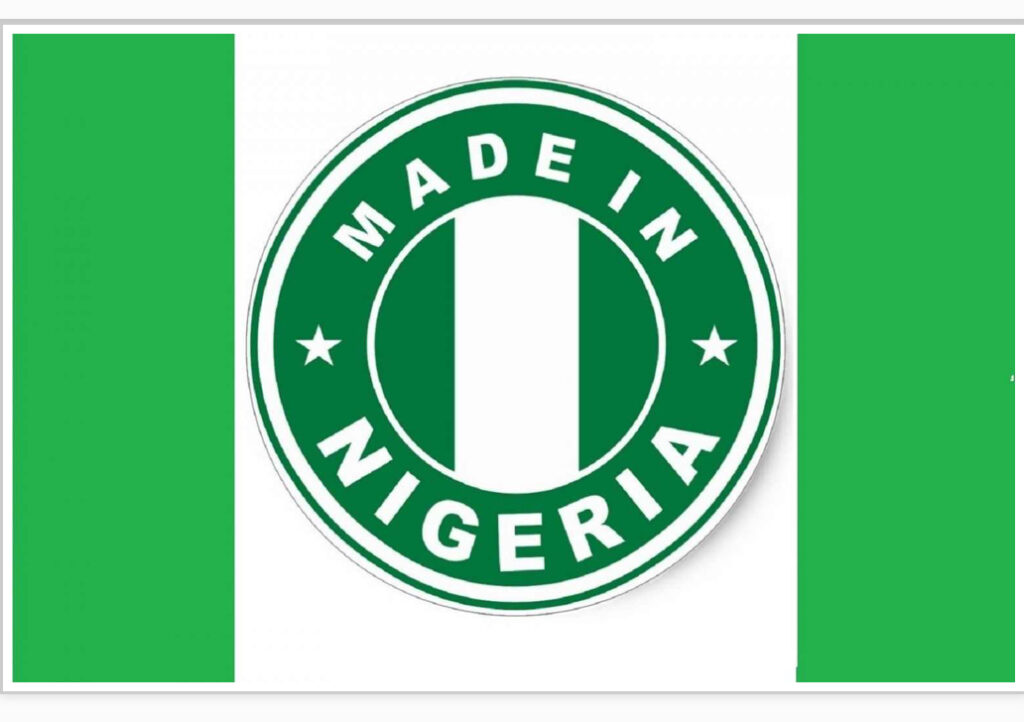
“Embrace ‘Made in Nigeria’: Building a Stronger Nation Together” explores the importance of supporting locally made products to boost Nigeria’s economy, create jobs, and foster innovation. Highlighting the benefits of choosing Nigerian-made goods, the article encourages consumers to appreciate the quality and sustainability of local products. It addresses the stigma around Aba-made items and advocates for a rebranding to celebrate Nigerian craftsmanship. The post calls for collective action to educate others, explore local markets, and advocate for policies that support local businesses. Embracing “Made in Nigeria” can help stabilize the currency, reduce inflation, and build a prosperous future.